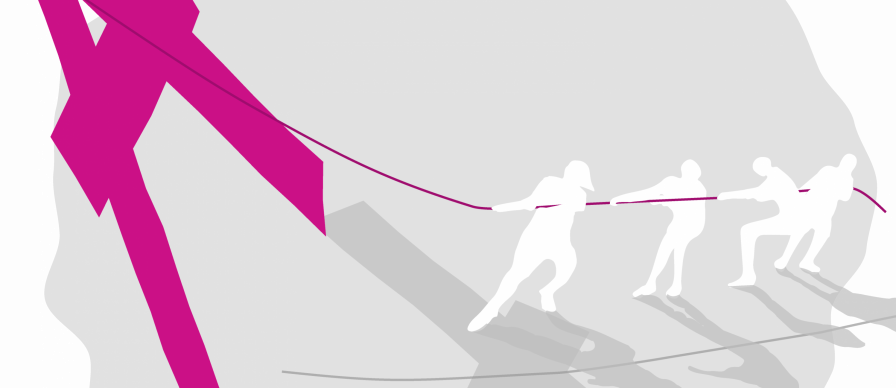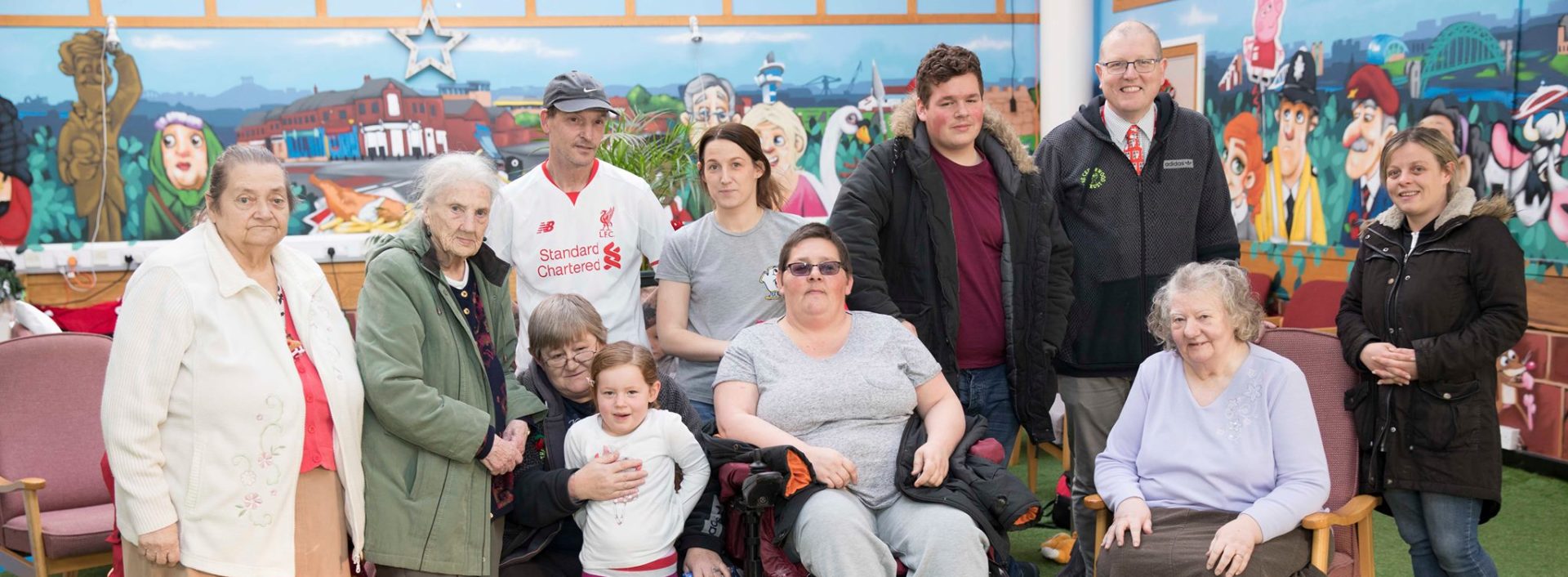Since starting to compile this series of co-authored blogs the world has been hit by a number of major disasters. It is at these times that communities often show their resilience, their ability to withstand the shocks and stand against the tests that are presented.
This solidarity shows an innate belief that is prevalent across of all humanity; a belief in each other and a need to show care and compassion for each other.
However, a key question that hangs in the balance is, ‘should we wait for such acts of disaster to demonstrate the strength and solidarity that is so needed to uphold our communities and our neighbourhoods?’
The purpose of this blog series has been to highlight:
a) why community organising and ABCD community building are not just important, but necessary to the long term sustainability of our neighbourhoods;
b) why we need to act now and ‘build on what we have’, as opposed to waiting for threat or disaster to respond.
As part of this series we have encouraged and challenged those who are working in communities to look at how they too can start conversations with each other – not just their neighbourhoods – so that they can begin to stand stronger together and work collectively to bring about the changes that local people and communities are working so hard to bring about.
These conversations are just beginning, and the early reflections that are being shared with us show that there is real desire and potential for a shared future that makes Monday morning something that we look forward to waking up to.
Half full, Half empty? I actually find my comfort in the idea that we are talking about the same glass! The shared values and the understanding that people and place hold the power to local innovation – now that’s a glass that I’m interesting in! The coming together of Community Builders and Community Organisers offers exciting opportunity.
In ‘Reveille for Radicals’ Saul Alinsky described a radical as “that person that genuinely and completely believes in mankind.” The shared principles we hold far outweigh any minor discrepancy in the questions we ask or how we go about our day to day business, although we definitely have more in common than we imagine. I look forward to learning and sharing with Community Builders, Community Organisers, and anyone who believes in mankind.
Shaun Burnett, a Community Builder from Scotland.
As Community Builders/Organisers, working with no agenda, we start by listening to local people identify their skills, gifts and passions. During this process, we would build trust, relationships and networks with and between local people to increase community participation.
Increased community participation would increase the community’s confidence in recognising the root causes of local issues. Local leaders who encourage collective, community led action and provide a strong community voice, can begin to instigate institutional change. From here, communities will be at a stronger vantage point to negotiate co-produced solutions to the problems that they have identified.
For us, success on a Monday morning would be to see strong connected communities with an abundance of resident led activity and action utilising local skills and passions. Communities would take ownership to tackle issues and have the confidence to design, negotiate and campaign for local solutions to local problems, as well as building networks in order to tackle wider issues that impact locally.
James Hampson and Maddie Powell, a Community Builder and a Community Organiser respectively – both from Trafford.
I’m continuously amazed when going door to door here in Dalston what a diversity of talents and knowledge sits untapped behind those closed doors in our streets where so few know more than one or two neighbours. I ask people, “do you feel part of the community here?” Many reply, “what does that mean?” We’re so fragmented in our relationships. The insane house prices make it so hard for younger people to put down roots in a place like this, feel settled and get involved, when they know they may well be forced to move on again with the next 6-monthly rent increase and when they’re working crazy hours to make enough money to pay that rent. But then there’s also lots of people here who are not working at all – the retired and sick – and they always seem to be defined by society as clients and patients, not as a treasure trove of stories and life experiences and skills just waiting to be shared. What a missed opportunity not to take time to listen to and learn from what they know!
Community building and community organising have a massive role to play in facilitating people to unearth and mobilise that untapped potential and take charge of designing a more caring and connected future together. A society where we are valued as human beings, not consumers or clients.
The difficulty was that Beveridge’s welfare services developed in a direction he never intended: over-professionalised; dismissive and suspicious of the neighbourhood networks which had underpinned people’s lives for generations; undermining informal advice and support; allowing the ties of mutual support to atrophy.
Services developed the attitude that high-tech equipment, sophisticated processes and professional knowledge is somehow all that is required to provide help to the grateful, passive multitude. Two generations later, those informal networks of support have been corroded.
Anja Beinroth, a Community Organiser from Dalston.
Community Organisers and ABCD Community Builders, alongside many other activists, campaigners, and community development practitioners, etc., remain committed and convinced, as was Beveridge, that active and included citizens, caring and connected communities, and mobilised informal networks are foundational to democracy and equality.
These blogs are the beginning of a longer and deeper conversation about how we can collaborate together, and with others, to put citizens and communities in the driving seat of a better more just future.



